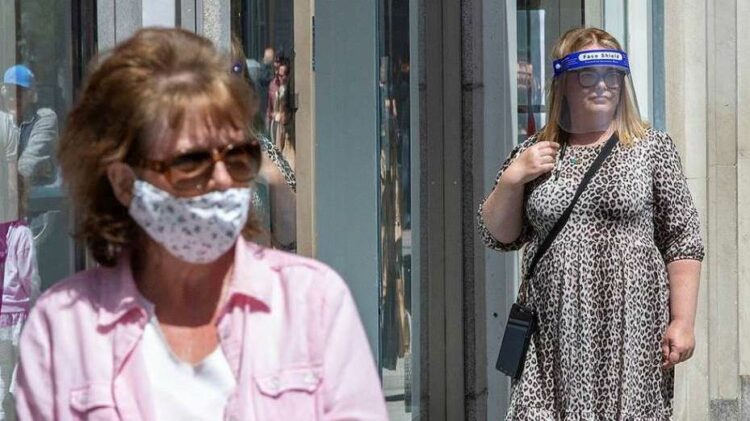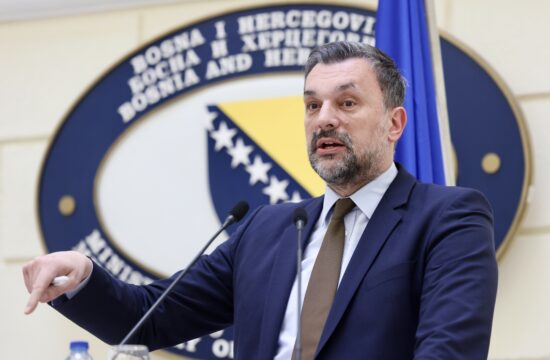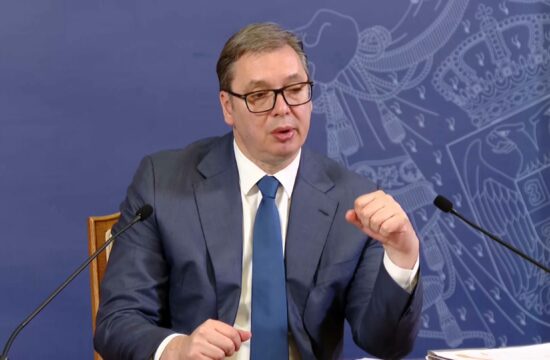
Deteriorating epidemiological situation and growing number of hospitalised coronavirus patients made Slovenia's Prime Minister Janez Jansa urge hospitals to adapt their schedules as they did during the first wave of the epidemic, government representatives said on Tuesday.
Slovenia registered 88 new cases of the virus on Tuesday.Last week the daily number was more than 100 but what is particularly concerning is the number of people being hospitalised which is why Jansa has ordered hospitals to prepare their schedules as was the case when the epidemic emerged in an effort to avoid the situation that occurred in the spring when hospitals were practically closed for all other patients.
Doctor Bojana Beovic, who is the head of the national Covid-19 crisis management team, announced reorganising hospitals.
She said that more health personnel would be employed as funds had been secured for this. She too expressed concern with the growing number of people requiring hospital treatment.
There are currently 71 Covid patients being treated in hospitals, 13 of whom are in intensive care, however, with the current trend that number could increase to 250 or 300 by mid October and about 50 of them could be expected to require intensive care.
Beovic called for adhering to epidemiological measures which were ramped up last week, such as shortening open hours for hospitality premises and mandatory masks both indoors and outdoors as well as keeping a physical distance.
The government's spokesman Jelko Kacin said that the government was carefully monitoring the situation in the country and neighbouring countries and that the situation was a little worse than in Italy but better than in Croatia, Hungary and Austria where the number of new cases of the infection are continuing to grow.
As far as revising the red list of unsafe countries, which includes Croatia, Kacin said that at the moment that will not occur even though Austria and Slovenia should be on that list according to the number of infections per one 100,000 inhabitants in the past 14 days.
According to Kacin, Slovenia expects the European Union to reach a consensus on common criteria to facilitate border crossings based on the European Commission's proposal and Slovenia will adopt those criteria accordingly.
Kacin added that considering the current situation in Croatia he did not expect that it would find its way on the green list as yet.




